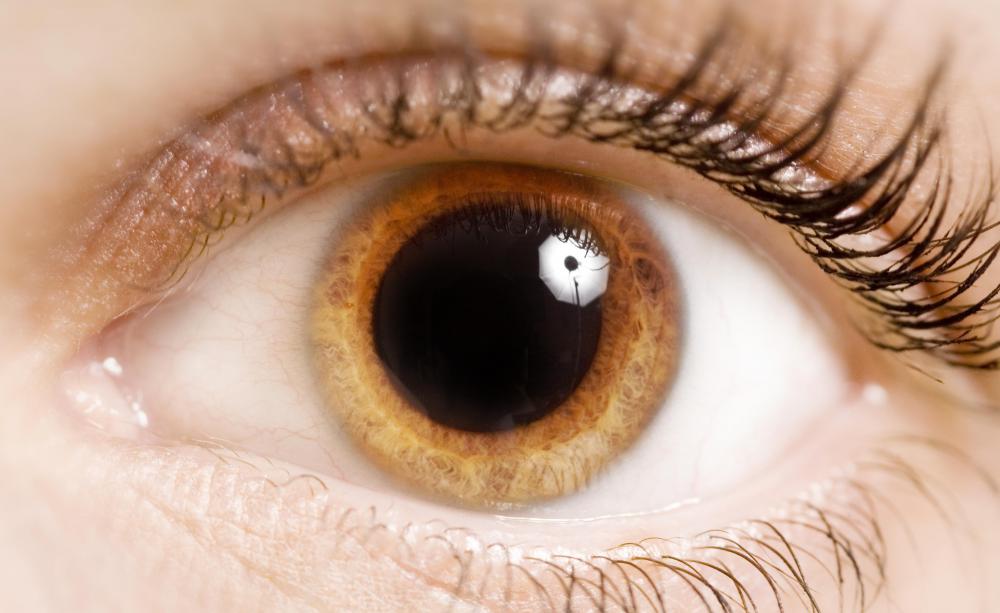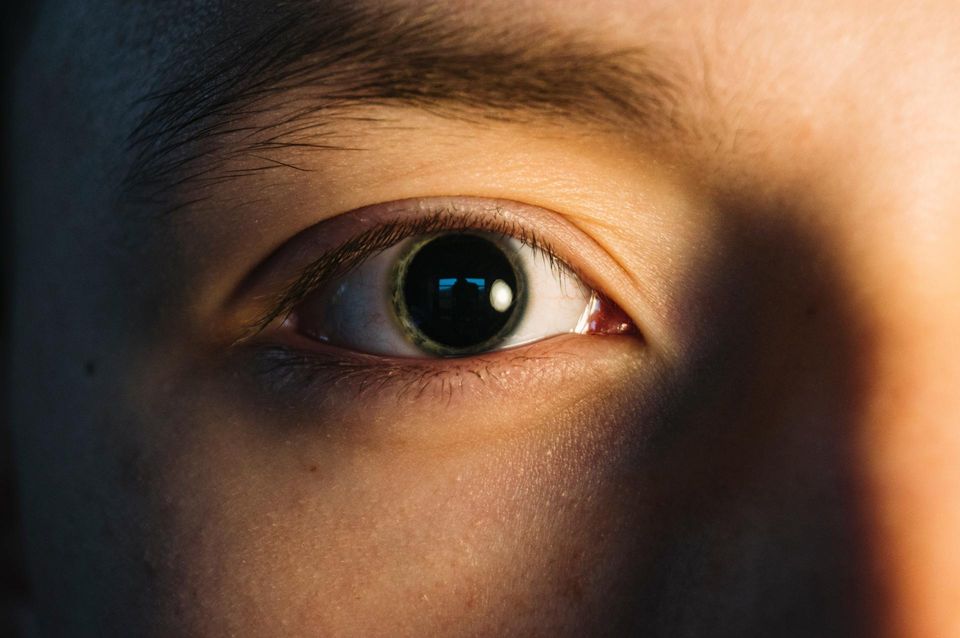

It’s a condition during which one of the pupils might suddenly be dilated, but it occurs sporadically. Visit the doctor as soon as possible! You have to seek immediate medical attention in case of an eye injury. Don’t delay such things and don’t take it lightly. Your eye specialist can guide you better. So, if you think that there is an eye injury that’s recent and causing the pupil dilation then it would be best to consult your doctor. Because of the eye injury due to any reason, the pupils might dilate. It’s possible that during cataract surgery or any other complicated eye surgery, there is an eye injury. However, this might not concern you since you would already know about it! That’s why it’s always better to know the causes so that you can familiarize yourself with all such possible causes. So next time when you are going for an eye exam, you can expect the pupils to dilate. The purpose of this eye exam is to look for potential eye problems such as glaucoma and many more!

In 4 to 6 hours, your eyes would be back to normal. They can even see the retina and your optic nerve. In 15-30 minutes, your pupils would dilate that would help the specialist examine your eyes thoroughly. They would use a special kind of eye drop that’s known as mydriatics. Dilated pupil examsĪn eye exam is performed by your ophthalmologist or an optometrist, as they are the eye specialists. Plus, next time it would be better to avoid such plants.

So, if you come across a certain plant and feel that there is pupil dilation then you can tell your doctor about it. Yes, some plants can cause dilated pupils such as: Many things can cause dilated pupils such as: Plants Knowing what’s causing the issue can help you understand the underlying cause. It’s always better to know the causes so that you can rule out the possibilities especially if your doctor asks you a question. When you think your pupils are dilated or if you notice that someone has the dilated pupils then you would be worried about what’s causing it. In any case, you have to consult your doctor and let them know that you are experiencing this issue. This could be something recent as a result of certain medications. When you would notice the pupils in your eyes, you might feel unusual if your pupils are dilated. Don’t confuse the dilated pupil with Anisocoria since it’s a different condition and the pupils are reacting normally in this condition, but differ in size. However, there is a possibility that it might! If it doesn’t respond at all then it’s called a fixed dilated pupil.

So when you have a dilated pupil, normally it might not respond to light. When you face the bright light, your pupil contract and in the dark, your pupil dilate. When you look at your face in the mirror, you can notice the colored part, the iris in your eyes! There are some muscles in this part that are controlling your pupils! So, the dilated pupils are bigger than your average size. As you age, the size of the pupil might decrease. 11, 2018.The average size of the pupils is 2-4 mm in the bright light.


 0 kommentar(er)
0 kommentar(er)
